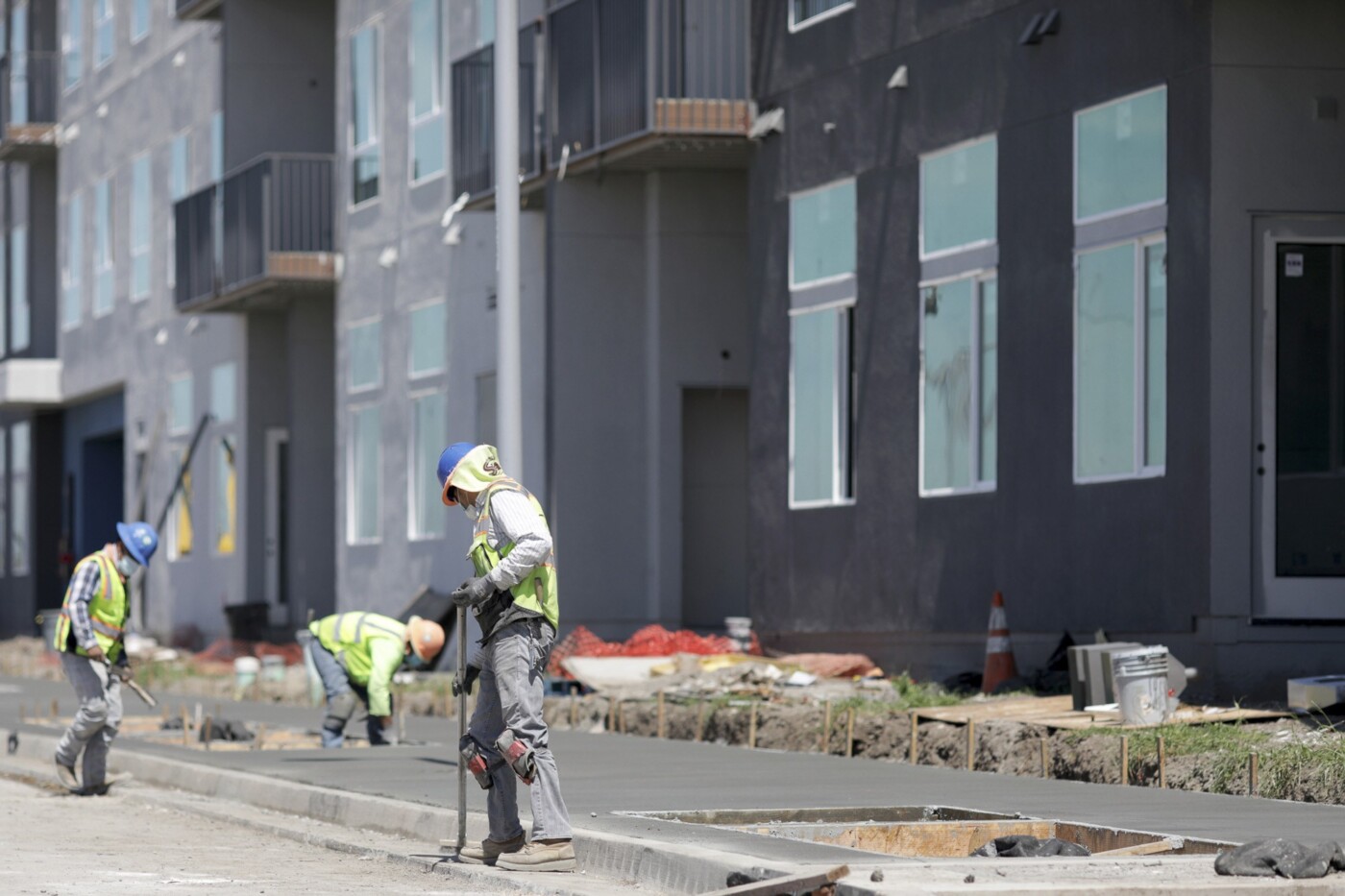Nearly 33,000 affordable housing units are currently stuck in predevelopment in the Bay Area and need some $7.6 billion to complete, according to new research from housing nonprofit Enterprise Community Partners and the Bay Area Housing Finance Authority.
A total of 395 affordable housing projects are in various stages of predevelopment, needing additional public or private funding to be completed, according to research from the two organizations, which was organized into the Bay Area Affordable Housing Pipeline database. Of those projects, 282 are new construction projects while 67 are some form of renovation or rehabilitation of an existing building.
The researchers also found that Alameda County has the highest number of projects in development at 106.
Santa Clara County leads the region in total units in development with 10,829. State officials have determined the Bay Area needs roughly 180,000 new housing units by 2031 to meet the total need housing need across the region.
“The good news is that the sheer size of the predevelopment pipeline gives Bay Area cities, towns, and counties a good running start toward meeting the affordable housing production challenge laid down by the state,” BAHFA Director Kate Hartley said in a statement.
Affordable housing is generally funded by various bonds and funding measures, with local, state and federal funding filling in the gaps to cover the costs of development. In lieu of waiting for state or federal funds to cover the $7.6 billion gap, officials with the regional planning agency the Metropolitan Transportation Commission have proposed placing a bond measure on the 2024 ballot that would provide between $10 billion and $20 billion in funding exclusively for affordable housing.
State lawmakers authorized the BAHFA to place a parcel tax or bond measure before voters in an effort to raise funding for affordable housing when the legislature created the authority in 2019. The authority is jointly governed by the MTC and the Association of Bay Area Governments.
“The Bay Area faces a critical lack of affordable homes, and existing local, state and federal resources are oversubscribed,” said Justine Marcus, the senior state and local policy director for Enterprise Community Partners. “We need new solutions to ensure every planned housing development gets built and that homes that are currently affordable remain affordable for generations to come,” she said.
